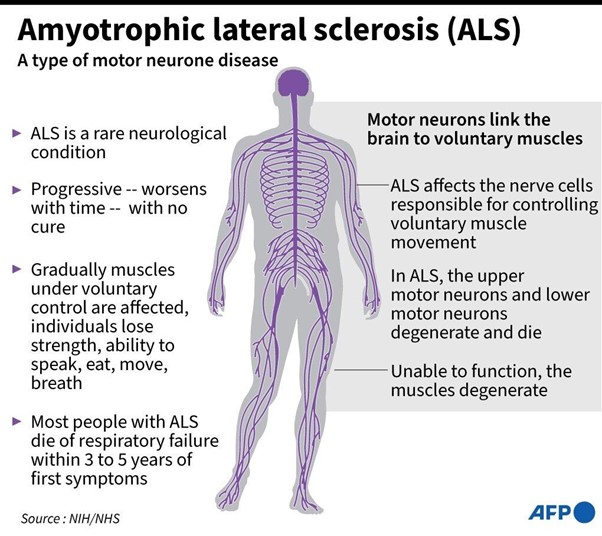A nurse is reviewing the medical record of a client who is taking acetaminophen to relieve headache pain.
Which of the following conditions in the client's history should the nurse identify as a contraindication?
Cystitis
Hepatitis C
Hypotension
Diabetes mellitus
The Correct Answer is B
The correct answer is B.
Hepatitis C is a contraindication for taking acetaminophen because it can cause hepatotoxicity and liver failure in clients who have liver disease. Cystitis, hypotension, and diabetes mellitus are not contraindications for taking acetaminophen.
Nursing Test Bank
Naxlex Comprehensive Predictor Exams
Related Questions
Correct Answer is ["A","C"]
Explanation
Varicella zoster is highly contagious, and airborne precautions should be implemented. Assigning the client to a negative pressure airflow room helps prevent the spread of the virus to others by containing and filtering the air within the room.
In addition to airborne precautions, contact precautions should also be implemented. This includes using gloves and gowns when providing care to the client to minimize direct contact with infectious materials.
The other options listed are not appropriate interventions for a client with varicella zoster: While it is important to minimize close contact with an infectious client, varicella zoster is
primarily transmitted through airborne droplets. Visitors should follow the appropriate precautions, such as wearing masks and adhering to hand hygiene, rather than just maintaining a certain distance.
Aspirin should not be given to clients with varicella zoster, especially children, due to the risk of developing Reye's syndrome. Reye's syndrome is a rare but serious condition that can cause swelling in the liver and brain. Acetaminophen (paracetamol) is typically recommended for managing fever in clients with varicella zoster.
Correct Answer is C
Explanation
Choice A option:
Dietitian should not be consulted: The dietitian is an essential team member and will work closely with the client to ensure proper nutrition and dietary management. However, in the context of dysphagia, the speech-language pathologist's expertise is needed to determine safe swallowing strategies and food modifications.
Choice B option:
Physical therapist should not be consulted: The physical therapist focuses on maintaining and improving the client's physical function and mobility. While important in ALS management, the physical therapist's role is not directly related to the immediate issue of dysphagia.
Choice C option:
The speech-language pathologist is the correct answer because it specializes in assessing and treating communication and swallowing disorders. In this case, the speech-language pathologist is essential in evaluating the client's swallowing function, recommending appropriate dietary modifications (texture and consistency of foods), and implementing swallowing exercises or strategies to improve swallowing safety.
Choice D option:
Occupational therapist should not be consulted: The occupational therapist assists clients in regaining or maintaining independence in daily living activities. While the occupational therapist may address some aspects of mealtime activities and adaptive strategies, the speech-language pathologist is more specialized in evaluating and treating swallowing difficulties in clients with ALS.

Whether you are a student looking to ace your exams or a practicing nurse seeking to enhance your expertise , our nursing education contents will empower you with the confidence and competence to make a difference in the lives of patients and become a respected leader in the healthcare field.
Visit Naxlex, invest in your future and unlock endless possibilities with our unparalleled nursing education contents today
Report Wrong Answer on the Current Question
Do you disagree with the answer? If yes, what is your expected answer? Explain.
Kindly be descriptive with the issue you are facing.
